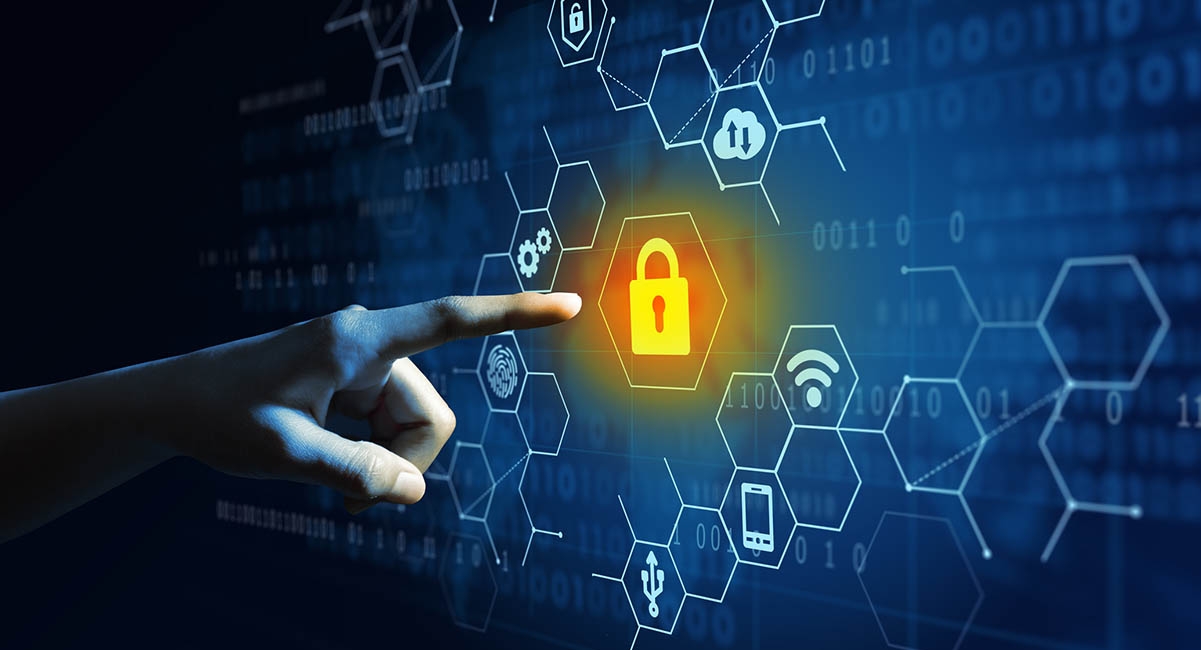
How Can Your Online Presence Affect Your Safety?
In the current world, where everything has gone digital, online presence has significant importance and it can have a substantial impact on your safety. With the widespread use of the internet, social media, and other online platforms, it has become easier than ever to access information about anyone that they may not want you to see.
Being mindful of what you share on the internet and how you share it is very important. Sharing your personal information on the wrong platform or with the wrong people can be dangerous for your safety. Your online presence can have a significant impact on your real-world safety, with potential risks including cyberbullying, identity theft, job prospects, stalking and harassment, and even physical harm.
For this reason, we will discuss these aforementioned risks in more detail and share a few tips with you to protect your online presence and keep yourself safe on the internet:
Cyberbullying
The internet has become a breeding ground for cyberbullying. You will find people bullying others on various online platforms, such as social media platforms. If you post something on the internet that others don’t like, disagree with, or find offensive, you may become a target of online harassment. And online harassment doesn’t stop there, it can quickly escalate into real-world threats.
Cyberbullying can take multiple forms, including name-calling, spreading rumors, abusing, and even making physical threats. For many people, the impact of cyberbullying on mental health can be severe, leading to various mental conditions, such as depression, anxiety, and in extreme cases, suicide.
Cyberbullying is easy to tackle, especially when you are mindful of what you post on the internet. To avoid becoming a target of cyberbullying, avoid posting anything that could be perceived as offensive or inflammatory, and never engage in online arguments or bullying behavior.
In case you become a target of cyberbullying, don’t hesitate to report the behavior to the appropriate authorities and seek support from friends and family.
Identity Theft
After cyberbullying, your online presence can also result in identity theft. Posting personal information and pictures publicly can put you at risk of identity theft. There are so many people on the internet who are looking to steal the identity of others and commit fraud.
To protect yourself from identity theft, avoid sharing personal information online, including your full name, address, phone number, and social security number. Even if you have to share these things, make sure that this information is private and accessible to your friends and family only. Always use strong passwords for your online accounts and also for your wireless network & 192.168.1.1 admin panel. In addition, don’t forget to enable two-factor authorization to protect your accounts.
Job Prospects
Your job prospects are highly impacted by your online presence. There is hardly any employer out there who would not search on the internet about potential candidates before hiring them. If you are looking for a job and have a negative reputation on the internet, your chances of landing a job would decrease.
Again, this can be tackled by being mindful of what you post on the internet. Always avoid posting anything that is controversial or can be perceived as offensive, racist, or unprofessional in any way. Moreover, be respectful in your online interactions, especially with people you don’t know. Consider keeping your social media profiles so that only your friends and family members can see what you post online.
Stalking & Harassment
If you share your location, personal information, or IP address on the internet, you might be at risk of stalking and harassment. Generally speaking, stalking and harassment is not a common occurrence and occurs very rarely, but it can happen and cyberstalkers can use your online presence to track your movements and gain access to your personal life.
Avoid sharing your personal information on the internet, such as your location, address, daily routine, personal details, and IP address. It is okay to share your private IP address like 192.168.0.1 since it cannot give any information regarding your connection or location.
In addition, be wary of anyone who tries to contact you online, especially if they make you feel uncomfortable, or threatened, or if they act and sound suspicious. Don’t trust everyone you meet on the internet.
Conclusion
In conclusion, your online presence can have a significant impact on your safety. There are various risks associated with an online presence, as mentioned above. To protect yourself from these risks, it's important to be mindful of what you share online and how it could be perceived by others. Avoid sharing too much personal information online or posting something that others might not perceive in a good way. By taking steps to protect your online presence, you can stay safe and enjoy all the benefits of the digital age.









